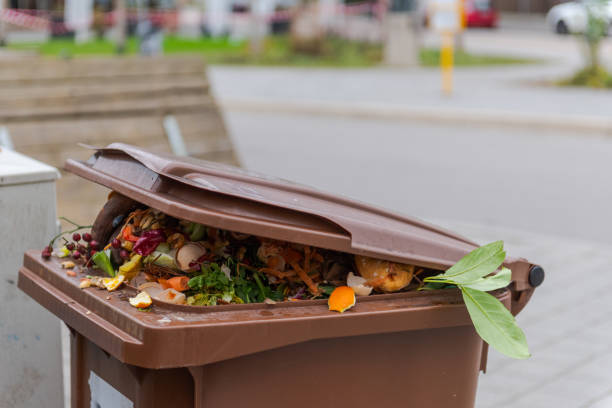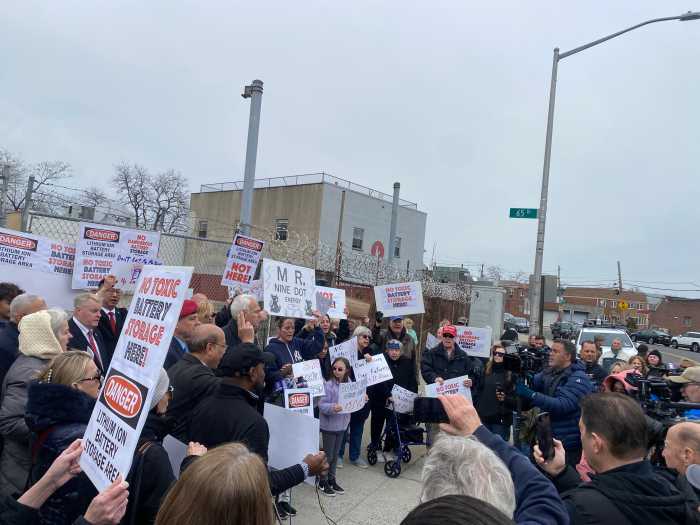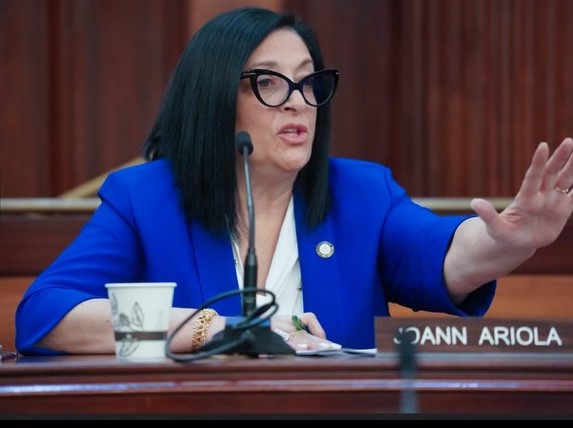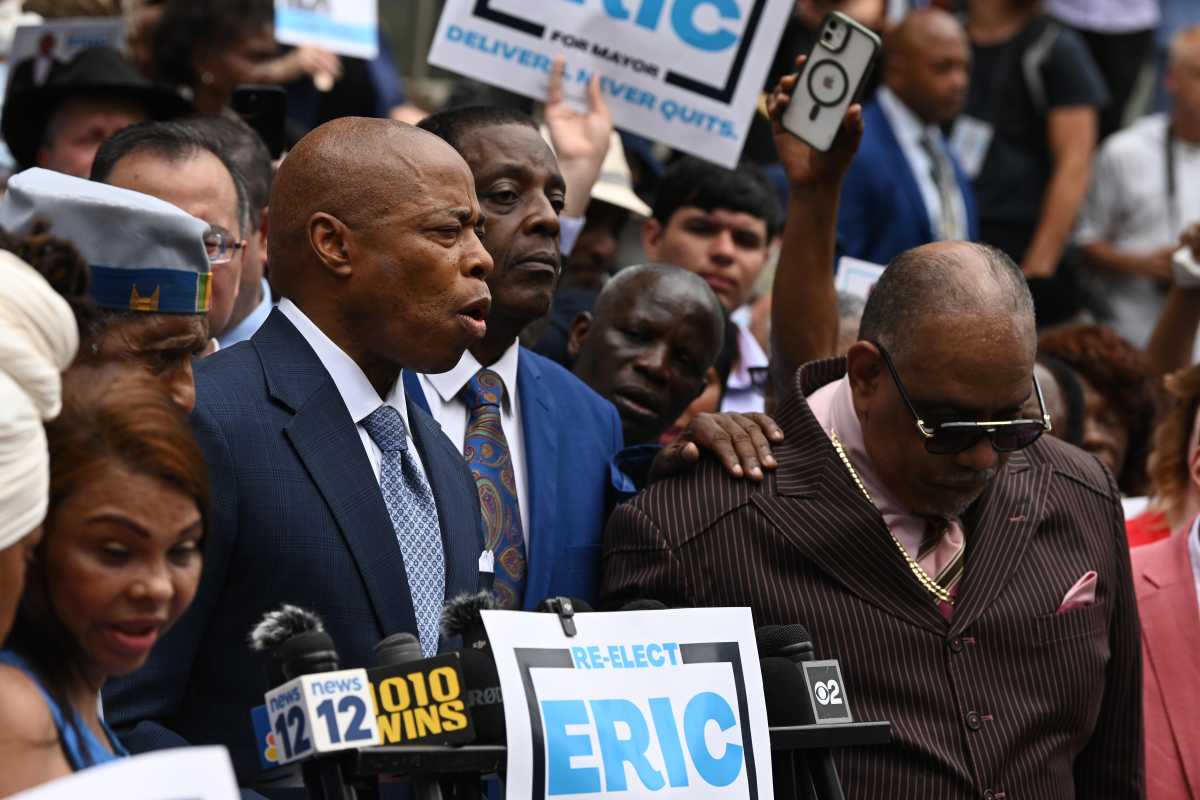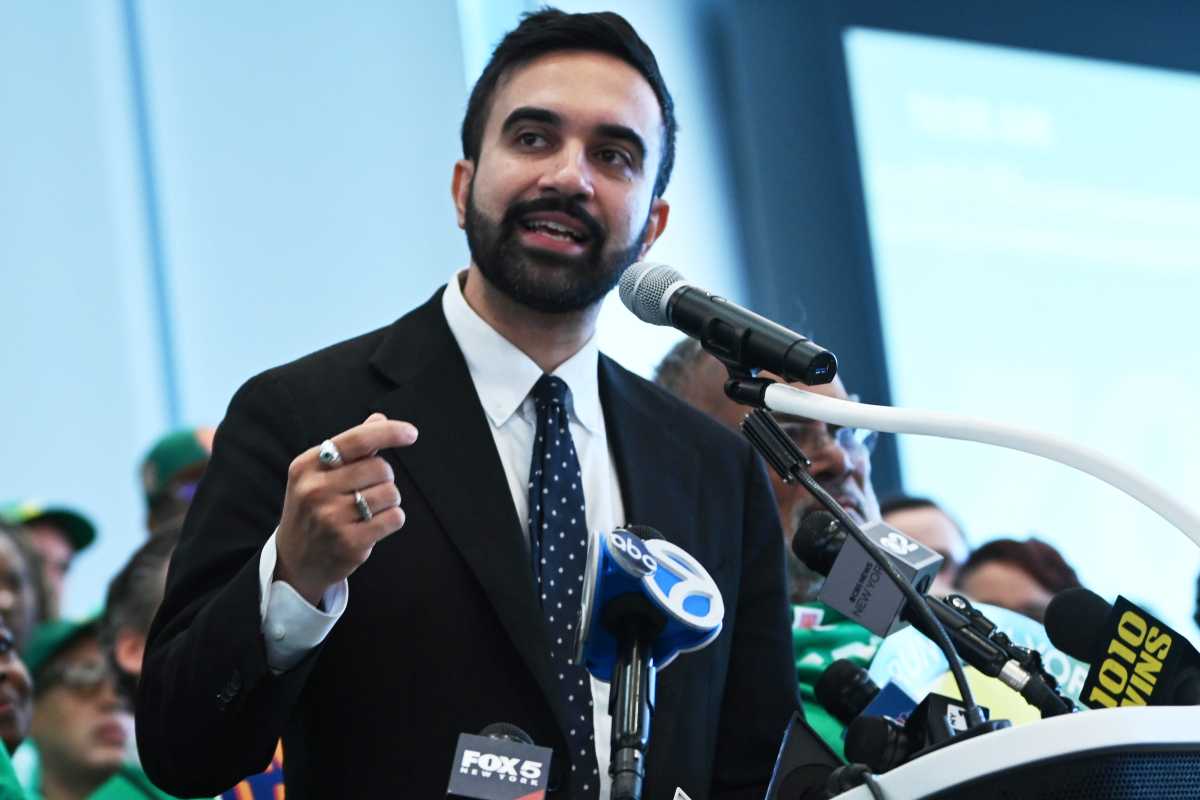A group of City Council Members known as the “Common Sense Caucus” is gearing up to introduce legislation next week aimed at making New York City’s recently implemented mandatory household composting program voluntary.
The caucus, which includes Council Members Robert Holden, Kristy Marmorato, Vickie Paladino, Joann Ariola, Susan Zhuang, Inna Vernikov, and David Carr, argues that the city’s composting mandate adds an unnecessary burden on New Yorkers who are already grappling with a variety of regulations and taxes.
The city’s composting program officially went into effect in October 2024, but until this month, residents were given a grace period during which they were only warned about non-compliance.
However, starting on April 1, New York City’s Department of Sanitation (DSNY) began enforcing the mandate, imposing fines on residents who fail to separate food waste from regular trash.
First-time violators will be fined $25, with higher fines for subsequent offenses. Landlords and property owners are also subject to penalties for failing to comply, with the fines rising as the number of violations increases.
While the city promotes the program as an essential step toward reducing landfill waste and lowering the city’s carbon footprint, many residents and lawmakers have expressed concerns about the practicality and fairness of the mandate.
According to the Common Sense Caucus, the city should be focusing on encouraging residents to compost voluntarily rather than using punitive measures.
“New Yorkers are already overwhelmed by so many burdensome rules and regulations, and now the city wants to mandate household composting. The Caucus is introducing legislation next week that would make composting voluntary, not mandatory,” the Caucus stated.
“These programs may be well-intentioned, but the city should encourage residents to participate by incentivizing, not penalizing them.”
The fines imposed by the DSNY target residents who mix food waste with regular trash. To comply with the mandate, all food waste—including items like fruit scraps, vegetables, meat, dairy, and prepared food—must be placed in designated compost bins on recycling days.
Yard waste, such as grass clippings and leaves, is also compostable, and items like napkins, pizza boxes, tea bags, and coffee filters are considered food-soiled paper products that can be composted.
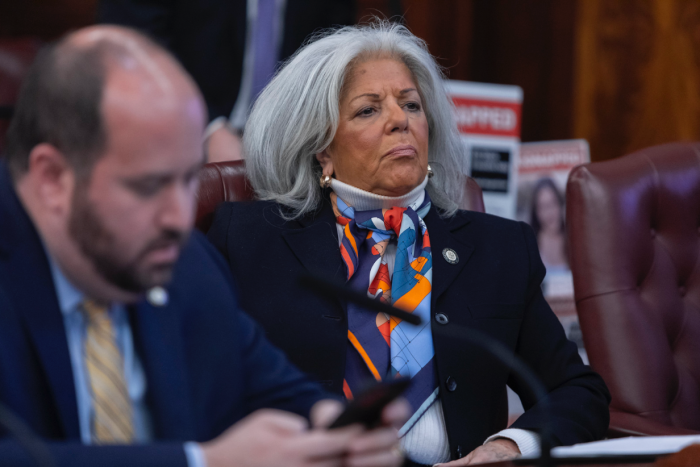
In buildings with fewer than nine units, the first offense results in a $25 fine, followed by a $50 fine for a second offense and $100 for any subsequent violations. Larger buildings with nine or more units face higher penalties, starting at $100 for the first offense, $200 for the second, and $300 for each additional violation. Sanitation inspectors are authorized to check trash bags for food waste; penalties are levied if non-compliance is found.
Despite the city’s attempts to make the guidelines clear and straightforward, many residents have expressed frustration with the new program. The Common Sense Caucus is particularly vocal in its opposition, claiming that composting is an unnecessary burden on New Yorkers, especially when it comes with additional costs.
“Literally nobody is going to do this, nor should they. It’s a ridiculous, messy, and costly burden with essentially zero benefit. In fact, they want noncompliance so they can write fines,” Vickie Paladino wrote on social media.
Joann Ariola, another member of the Caucus, argued that the city’s composting program unfairly penalizes residents who are already paying for garbage collection services.
Ariola emphasized that residents were required to purchase garbage bins under the new regulations, yet these bins are now expected to remain empty since the composting mandate requires the use of separate compost bins.
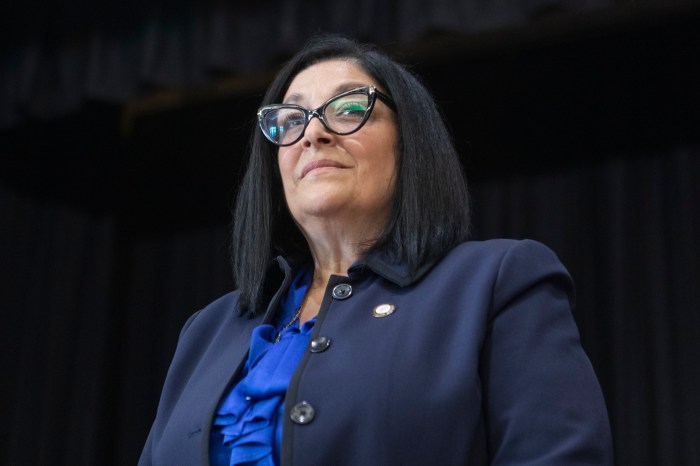
“We cannot keep allowing the city to double tax our residents and will continue to fight for everyday, hardworking New Yorkers,” she added.
The city’s Sanitation Department has made it clear that the composting program is a key part of its waste reduction efforts, designed to divert organic waste from landfills and reduce the city’s overall carbon footprint.
However, with fines now in place, these lawmakers question whether the program’s enforcement is more about generating revenue than encouraging environmentally friendly behavior.

